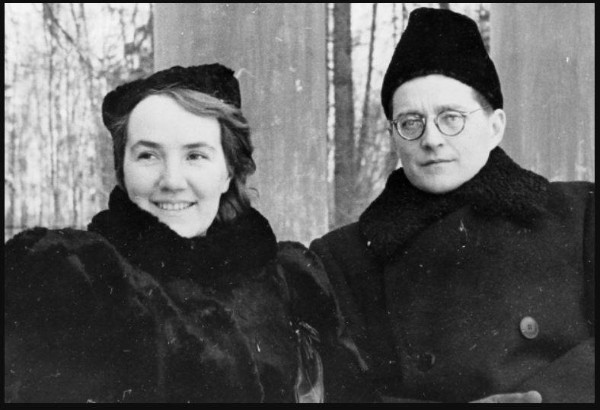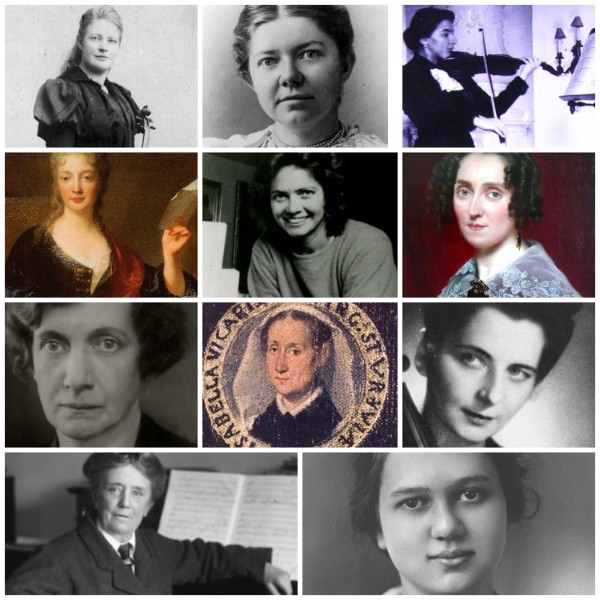Filmed on 22 November 2024 at the Auditorium de Radio France in Paris, the collaboration between conductor Mikko Franck, contralto Marie-Nicole Lemieux, the Orchestre Philharmonique de Radio France and the Maîtrise de Radio France marked some very special and important anniversaries.
This special event marked the 35th anniversary of the Convention on the Rights of the Child, the 60th anniversary of UNICEF France, and the 100th anniversary of the Geneva Declaration on the Rights of the Child.
The programme forms a cohesive narrative, with the music of Dutilleux, Mahler, and Richard Strauss forming a compelling triptych, reflecting and juxtaposing innocence, tragedy, and hope.
Mikko Franck With Marie-Nicole Lemieux
Available until 21/11/2028
Mikko Franck
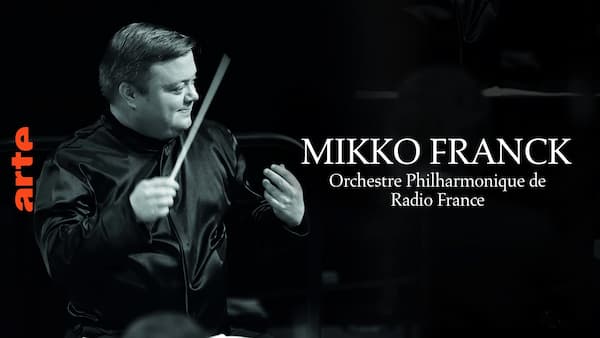
Mikko Franck
Mikko Franck has been the conductor and musical director of the Orchestre Philharmonique de Radio France since 2015. His career has been marked by significant appointments and a deep commitment to both symphonic and operatic repertoires. Blending precision and expressiveness, he maintains a philosophy of supporting musicians while fostering their natural abilities.
Franck is known for his profound musical sensitivity, meticulous attention to orchestral detail, and his ability to weave cohesive narratives across diverse repertoires. He has the exceptional ability to balance precision and passion, and his deep musical intuition, honed from his early years as a violinist, allows him to connect with orchestras on an intimate level.
Marie-Nicole Lemieux
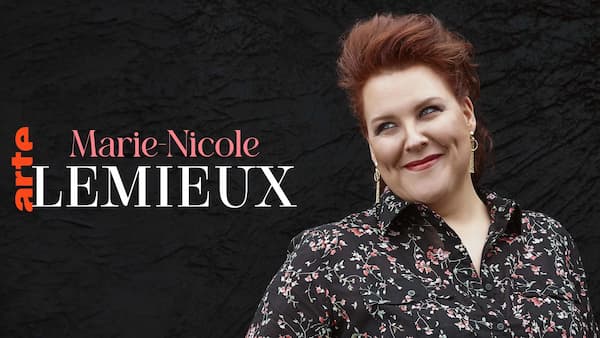
Marie-Nicole Lemieux
Multiple award-winning contralto Marie-Nicole Lemieux was the first Canadian to win first prize at the Queen Elizabeth International Music Competition in Belgium in 2000. She quickly rose to international prominence, performing on the most prestigious stages around the world. Beyond opera, she is also a celebrated recitalist, specialising in French and Russian melodies and German lieder while recording exclusively for Warner Classics.
Known for her rich, powerful voice and commanding stage presence, Lemieux excels in a wide range of roles, stretching from the Baroque operas of Vivaldi to the late operas by Verdi. Her discography includes award-winning recordings of Vivaldi and Mahler that reflect her versatility and depth while captivating audiences worldwide with her emotional intensity and technical brilliance.
The Programme
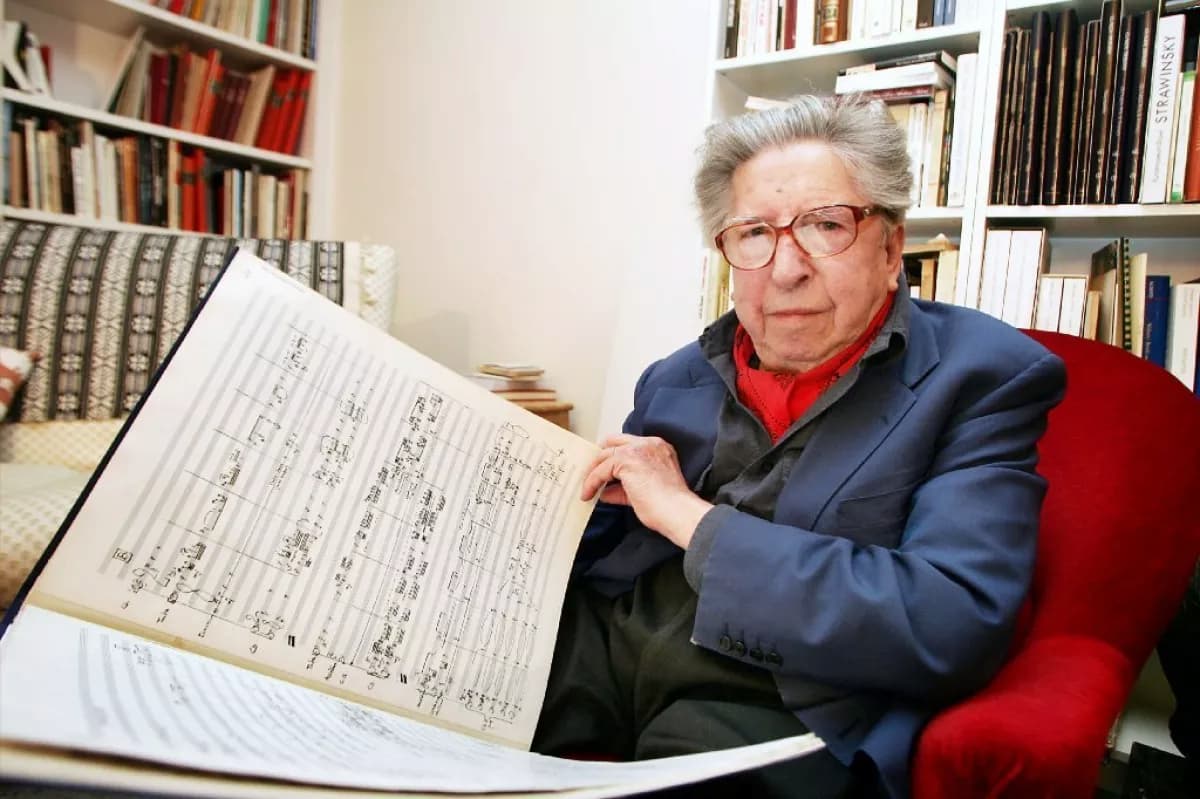
Henri Dutilleux © Jean-Pierre Muller / AFP/Getty Images
This special concert opens with Henri Dutilleux’s The Shadows of Time completed in 1997. It is a five-movement work for orchestra and children’s voices, reflecting on time, memory, and the fragility of innocence. The central section is dedicated to “Anne Frank and all children who died innocently between 1945 and 1995.”
Gustav Mahler’s Kindertotenlieder, composed between 1901 and 1904, is a setting of five poems by Friedrich Rückert on the death of children. Written for voice and orchestra, it reflects Mahler’s deep emotional response to the themes of loss and mortality. The cycle moves through stages of despair, resignation, and tentative consolation, with Mahler’s music mirroring the shifting moods.
Ein Heldenleben (A Hero’s Life), composed by Richard Strauss in 1898, is a sprawling tone poem that serves as a musical autobiography. Strauss famously cast himself as the hero as the music unfolds in six vivid, programmatic sections. The narrative thread ranges from his tender companionship with his wife to his battle against opposition and his ultimate withdrawal into peace and fulfilment.
The Performance
Mikko Franck’s approach in this concert is characterised by a deep emotional connection to the music and a collaborative spirit. In addition, his long-standing role as a UNICEF ambassador adds a personal layer to this performance, reflected in his choice of programme and his careful shaping of its narrative arc from reflection to resilience.
Dutilleux
Franck’s interpretation of Dutilleux highlights the atmospheric subtlety and intricate orchestration of the music. He focuses on Dutilleux’s shimmering strings, haunting woodwind lines, and percussive accents while allowing the children’s voices to emerge with poignant purity. By emphasising the work’s meditative quality and its understated yet powerful evocation of loss, he thematically aligns it with Mahler’s Kindertotenlieder.
Mahler
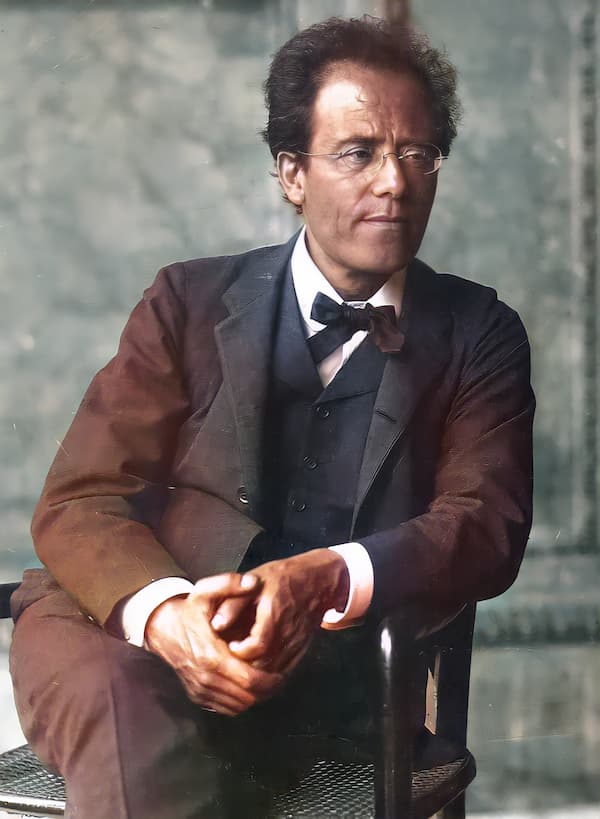
Gustav Mahler
Lemieux’s synergy with Franck is a highlight of this performance, and her rendition of Mahler is nothing short of heartrending. Her rich and dark timbre, frequently described as “chameleonic,” is perfectly suited for the mournful introspection of the poetry and music. Together, Lemieux and Franck allow for a fluid interplay between voice and orchestra.
With the orchestral framework amplifying Lemieux’s expressive powers, this recording demonstrates not only her vocal strength but also Franck’s skill in balancing the ensemble. This wonderful collaboration elevates Kindertotenlieder into a deeply moving dialogue between conductor, singer, and orchestra.
Strauss
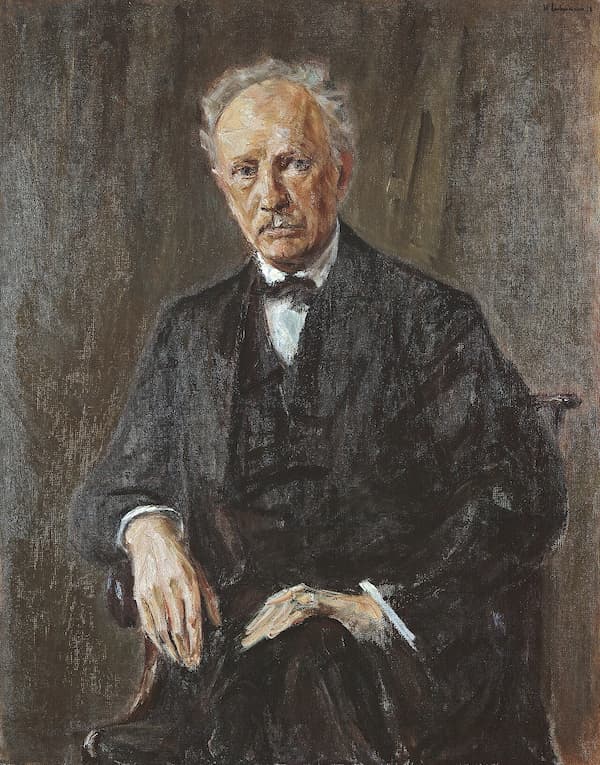
Portrait of Richard Strauss
Franck’s interpretation of Ein Heldenleben is both grandiose and nuanced, showcasing his skill in managing large-scale symphonic forces. While maintaining structural coherence over the span of this large-scale composition, he infuses the music with dramatic flair. And as he noted in his pre-concert statement, the focus on heroism is reimagined as the efforts of UNICEF workers.
Conclusion
Mikko Franck, a committed advocate for children’s rights, unifies the programme’s diverse elements into a poignant narrative. As a UNICEF ambassador for over 15 years, he is not only sharing music but also making a stand for every child’s right to a safe, healthy, and hopeful future.
Franck, Lemieux, and the Radio France Ensembles deliver a concert that is both a musical triumph and a meaningful tribute to the cause of children’s rights. It stands as a testament to their artistry and their shared commitment to music’s power to reflect and uplift humanity.
Mikko Franck With Marie-Nicole Lemieux
For more of the best in classical music, sign up for our E-Newsletter


